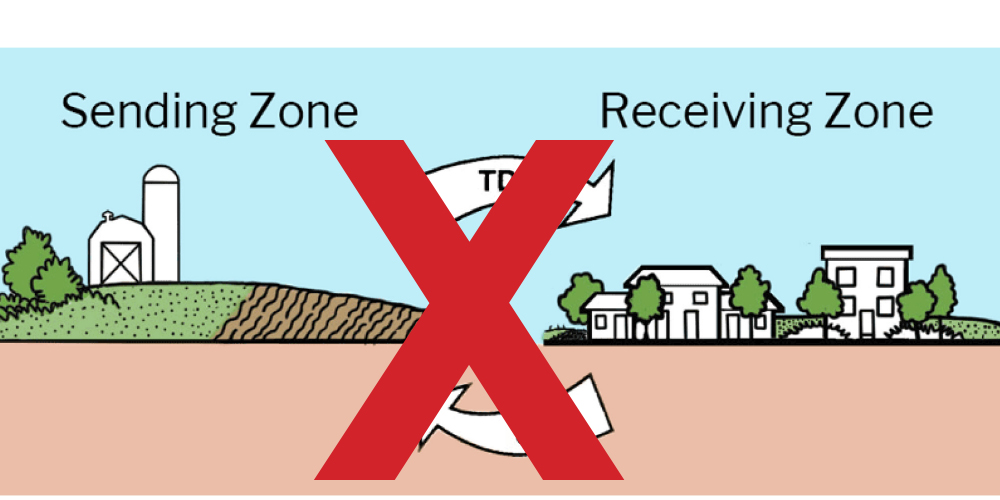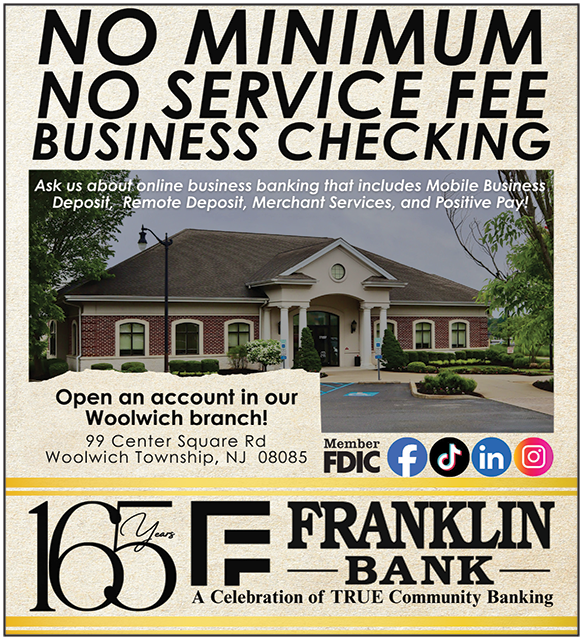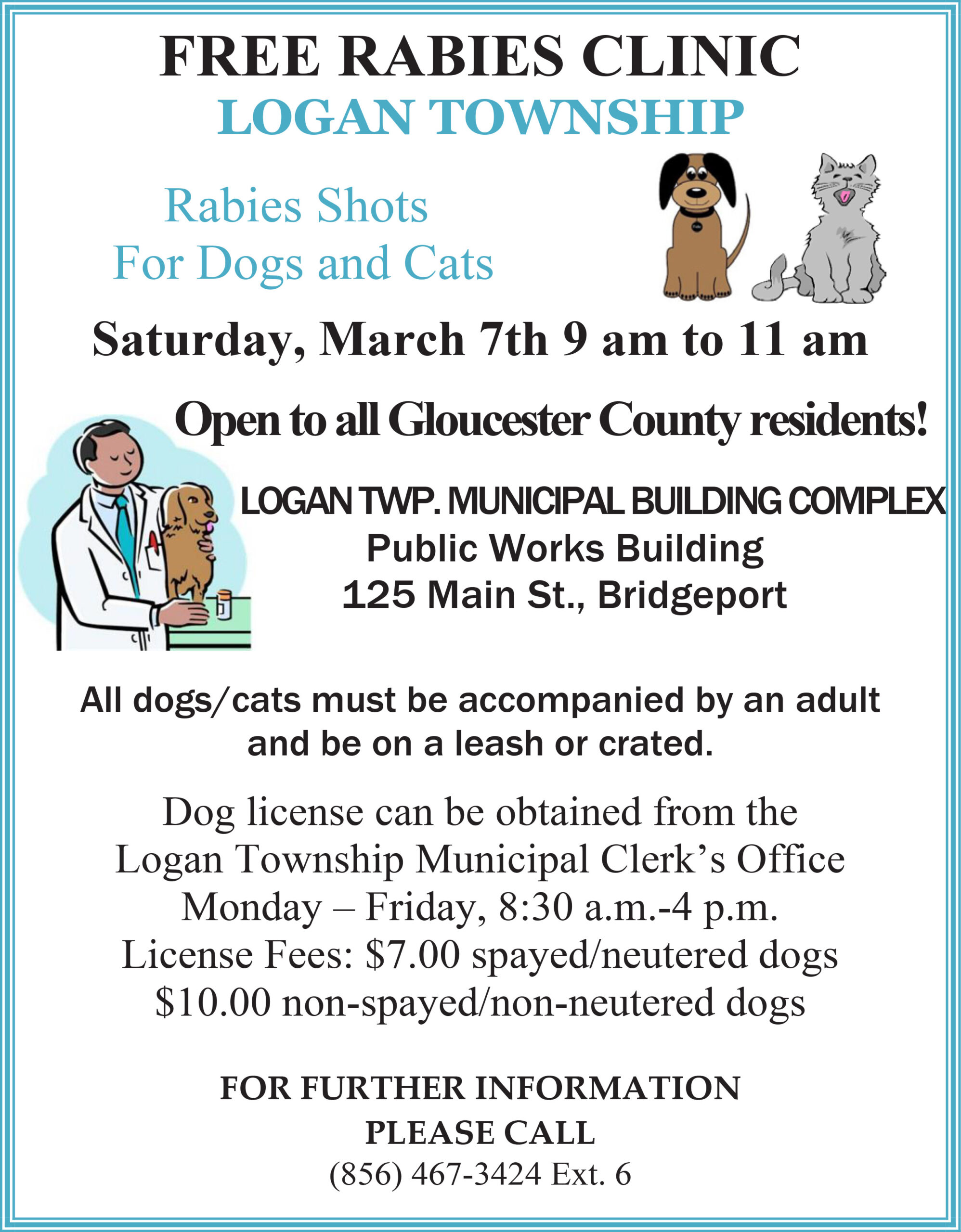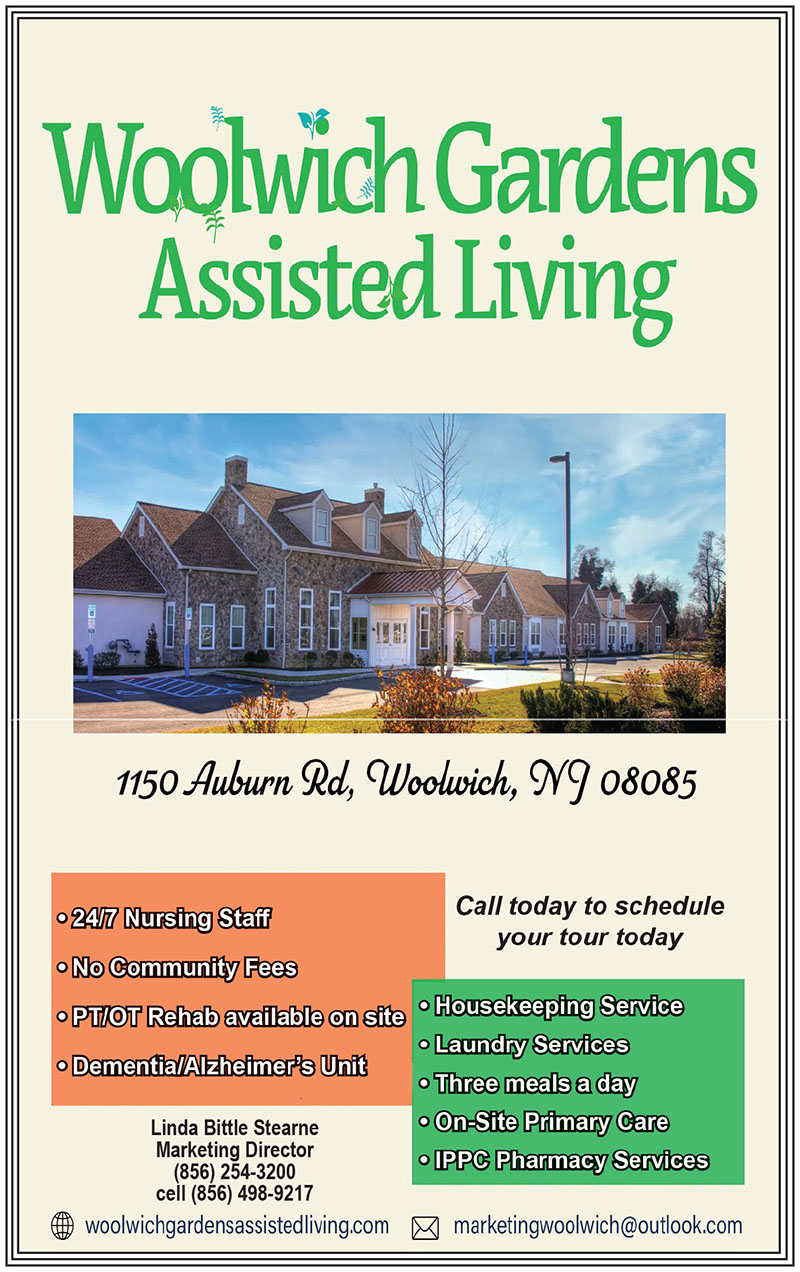WOOLWICH TWP. — The Woolwich Township Committee voted to repeal the Transfer of Development Rights Ordinance (TDR) at their June 5 meeting.
The TDR program was aimed to be a preservation and smart-growth tool, to redirect development from farmland to areas where developmental growth is better suited. Woolwich Township was one of the first municipalities in the state to take part in the Transfer of Development Rights planning tool in 2008.
Woolwich Township had been set up with a sending zone and a receiving zone. Properties in the sending zone could sell their development rights to the number of houses to be built on their property to the TDR Bank.
According to Woolwich Township Clerk Jane DiBella, the word “bank” is misleading. There is no money in it, only credits.
DiBella said that the state provided the township with $5 million to conduct the reverse auction.
The township added $2 million more. These funds were spent at the auction with the resulting sale of 306 credits and approximately 785 permanently preserved acres. There are no more funds available.
A developer could then purchase the credits from the TDR Bank and use them to add to the number of houses in their receiving zone development.
With the elimination of the TDR program, any property previously in the zones, are now in a 5A zone which allows cluster zoning. Cluster zoning’s goal is to group homes together on the development acreage with green space around them in the development. This is another way that municipalities are using to control the expansion of housing developments and keep open greenway space.
DiBella stated that if cluster provisions are utilized by a developer, there can be bonus densities. If not, 5A zoning is restricted to one unit per five acres.
Properties that sold their development rights will remain as preserved ground. Any non-agricultural uses on that land at the time of the sale of the TDR credits may still continue although no new structures or the expansion of the preexisting structures for the nonagricultural use is permitted. Once the non-compliant use is stopped, it cannot be reestablished.
According to the township website, “While TDR was adopted back in 2008, there have been a number of hurdles to its implementation. Since TDR relies on the private market and growth pressure to work, the recent economic recession represented a major setback, as have delays in bringing public sewer and water infrastructure service to the Rt. 322 Corridor.”
According to DiBella, “Simply put, it didn’t work”.
According to the repealing ordinance, the 673 acres of land in the receiving area no longer represent a realistic opportunity to utilize TDR credits because the land has been developed or approved for development of warehouse uses, compliance with township’s Affordable Housing Settlement requirements, and several small parcels of land that have been developed with single family homes.
Also, according to regulation, the TDR ordinance is no longer reasonable if the municipality has not transferred 25 percent of the remaining TDR credits within a five year period. Approximately 153.25 credits were required to be purchased by December 2023 in Woolwich Township. In the program, 882 acres of farmland were preserved but “virtually no land was preserved through the private market”.
By Karen E. Viereck, Editor/Publisher








